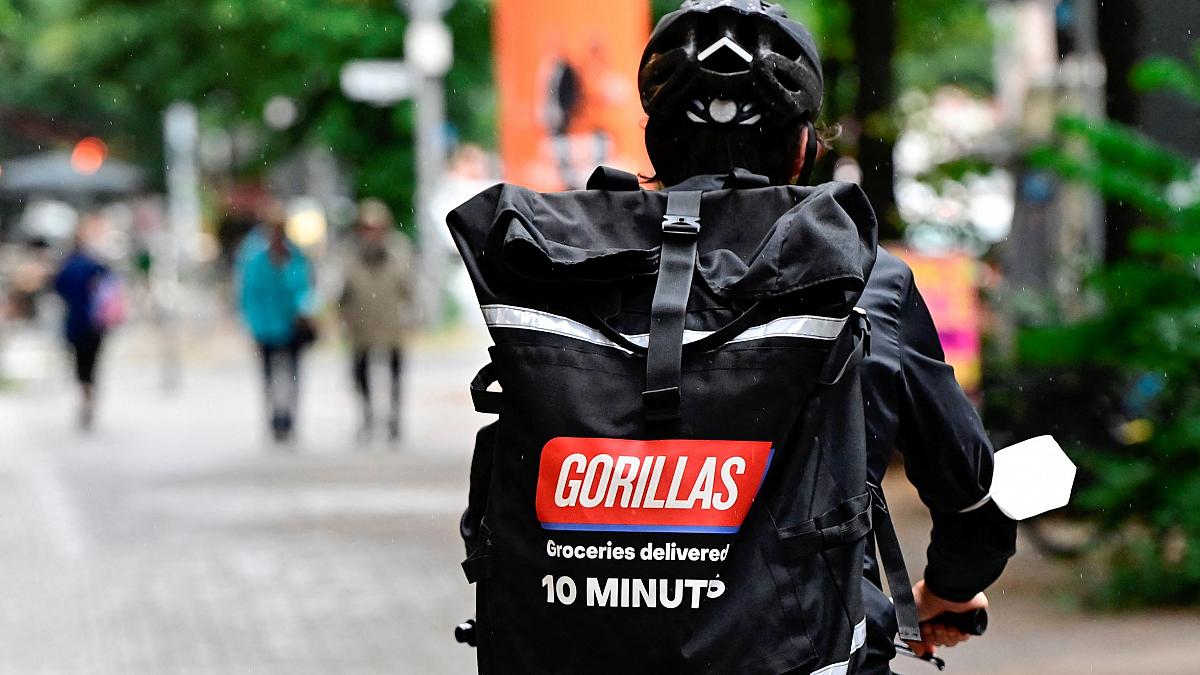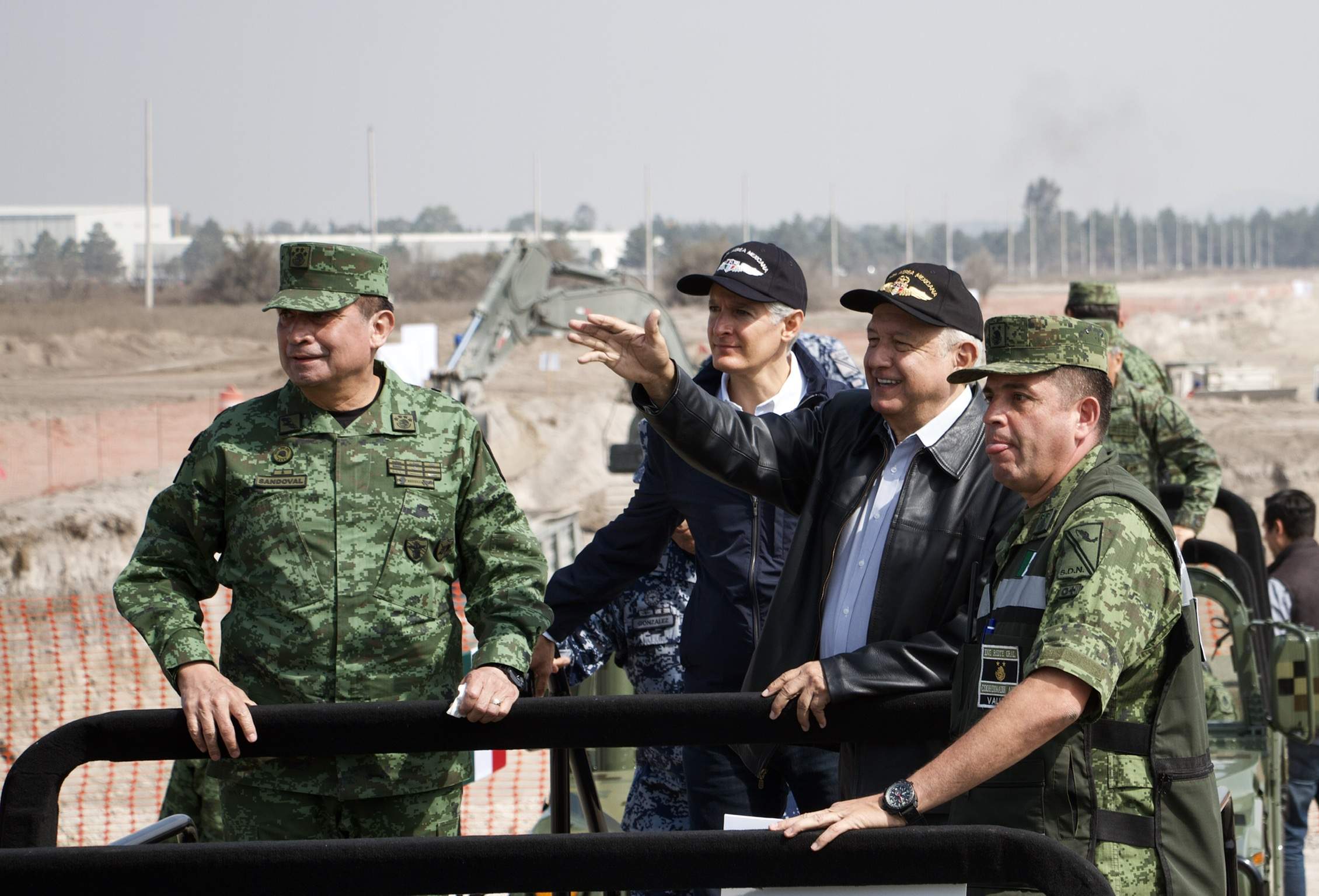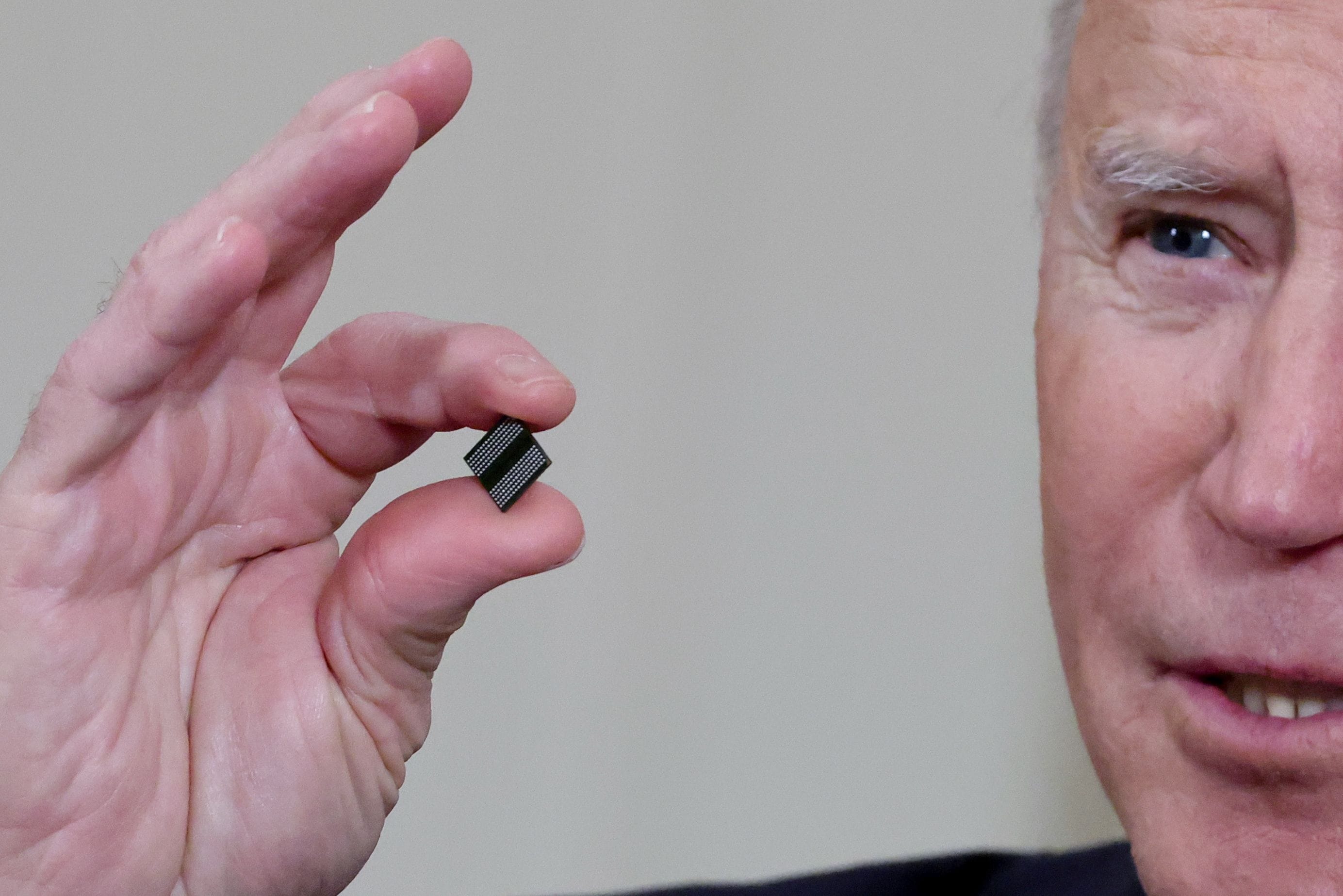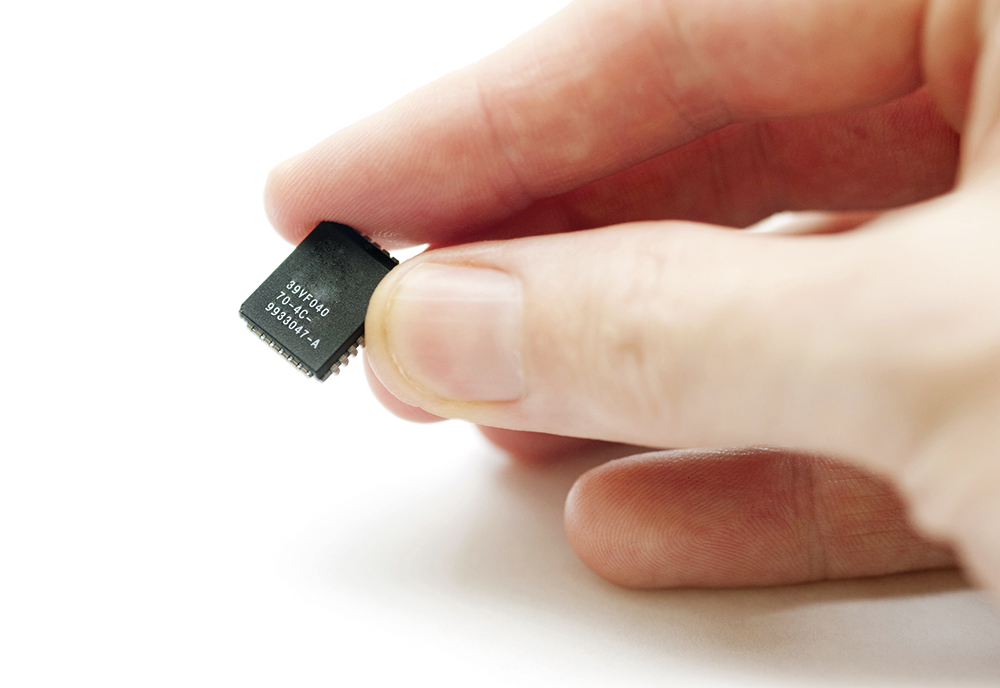Chevron Sinks Attorney Donziger: Winning a Multinational Lawsuit Pays for Him
- The US. has written to ARGIA: “Two and a half years ago they analyzed on Net Close by how private judges suspended the sentence imposed on Chevron by the Ecuadorian courts. For the persecution of those who made that victory possible, that of punishment, does not cease and an American lawyer, committed for years, has been detained in his home in New York for 600 days as a result of the Chevron attack.”
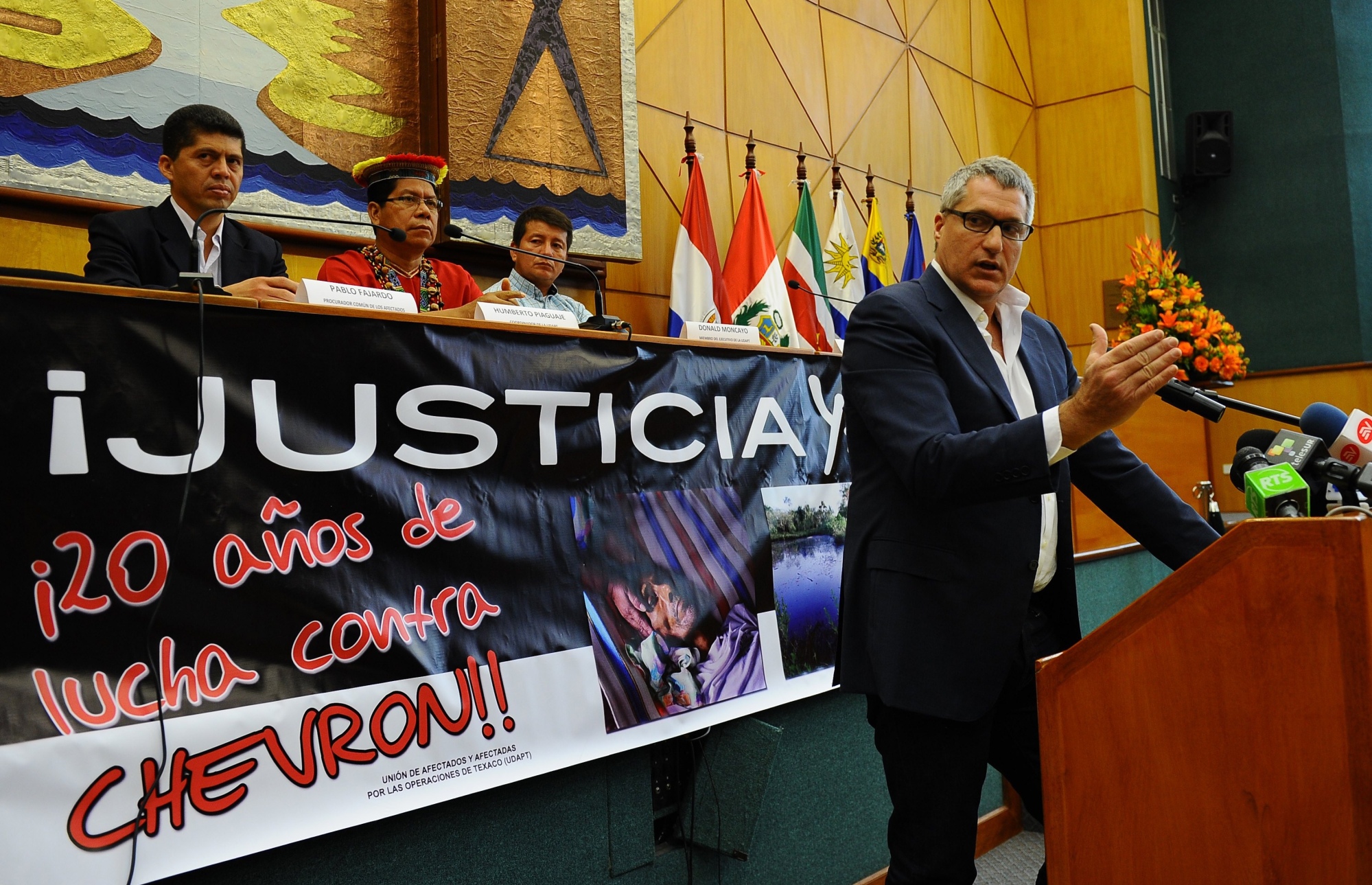
And U.A. Steven Donziger's story is completed by pulling the strings sent. & '97; We don't have our loving readers.
Donziger helped 30,000 Ecuadorian indigenous and peasant citizens win the lawsuit against multinational Chevron: He was sentenced to pay EUR 8.1 billion for polluting his land with oil and other chemicals. Now a judge has a prisoner lawyer at home, banned from professional work. In English, SLAPP Strategic lawsuit against public participation has included Donziger as a strategic route against public participation.
Wikipedia defines it as: “The aim of this issue is to intimidate and silence critics at the costly cost of defending the courts to give in to their criticism or opposition. On an issue of this kind, the purpose of the defendant does not have to be victor. The accuser has achieved his goal if the accused surrender for fear, threats, defence costs or simply for fatigue. The issue can also serve to frighten everyone else who intends to participate in the conflict.” Back home, the legal definition of Ainhoa Intxaurrandieta and Iñaki Errazkin were the promoters of the incinerator of Gipuzkoa that included the judgments: SLAPP.
Steven Donziger (1961), a young lawyer, immerses himself in environmental issues that will catch him all his life. In 1993, he entered the Ecuadorian region of Lago Agrio, near the border with Colombia, in a group of lawyers investigating serious pollution.
Since the 1960s, the multinational Texaco had several oil sources perforated in the Amazon region, leaving the residual oil wells such as the Olympic swimming pools everywhere. The discharges of pollutants were carried out without any control in the rivers and streams, where the people of the site received drinking water. Thus, there were many stomach, liver and throat cancers throughout the region, as well as leukemias in children. As Donziger told Intercept’s journalist since he became a house prison, “there people lived a humanitarian crisis on the food.”

Donziger, who performs well in Spanish, got into the matter forcefully, traveled scientifically to Ecuador and was a decisive man to channel the demands of the local people. In the next step of the struggle, in 2011 30,000 residents of the province of Sucumbios brought to trial Texaco Petroleum, which had already been purchased by the multinational Chevron, the second largest oil tanker in the United States. The legal advisers of the multinational preferred to divert the issue from the US to Ecuador, calculating that the judges here would be easier to manipulate. They also caused continuous delays in the deadlines for the proceedings, but in the end, to the surprise of many, the Ecuadorian courts gave the citizens the right in the 2012 judgment and set Texaco-Chevron a compensation of EUR 8.1 billion.
THERE IS ALWAYS A SUITABLE JUDGE
Part of the counterattack by the multinational two and a half years ago Net was closer: Chevron managed – after the judgment – to refer the case to a private court that serves as arbitrator in trade disputes, the Hague Arbitral Tribunal. This arbitral mechanism, consisting of private advisers, despite being called the “Tribunal”, was created within the framework of the treaty to promote and support joint investments between the US and Ecuador in 1993. This gave the multinational Chevron the right, arguing that the Ecuadorian judges failed to comply with the obligations imposed by that investment pact.
Having given the first blow to the business as usual of global trade, Chevron embarked on the elimination of the alleged culprit of a compensation of EUR 8.100 million. That's how Steven Donziger's bad personal and professional started.
Chevron sued the United States for acting incorrectly in the Ecuadorian trial, including for the purchase of judges. The fraudulent allegations approved by Judge Lewis Kaplan, the responsibility for the expenses dissipated by the multinational that added to Donziger in defense of the lost trial in Ecuador, the kidnapping of phones and computers and the punishment of presiding at home when the lawyer claimed them.

In the media photos you can see Steven Donziger wearing a telematic control on his ankle: he has no right to go down from his New York apartment to the street. It has been like this for two years and it is no exaggeration to say that he has lost everything, he also acknowledges it. Amnesty International, Global Witness, Amazon Watch, Rainforest Action Network… – and the fifteen Nobel laureates and scientific jurists have also denounced Chevron’s conduct – have mobilised in favour of Donziger.
Gibson, consulting firm Dunn & Crutcher, which has 1,400 lawyers worldwide, was in charge of prosecuting Donziger, built the argument of manipulating the Ecuadorian lawsuit and “found” a star of the place – Ecuadorian judge Alberto Guerra, willing to declare in the US that Donziger chantajeed in his work. The war was going to go back to them later, during the procedure, it appeared clearly deceitful, but Judge Kaplan had already set in motion before the courts the assignment of capturing Donziger without War.
The reader interested in the details of the scandal will find in the chronicles on the subject of The Guardian and The Intercept, such as the Amazon Watch association, the resume of Judge Kaplan, lawyer of the tobacco industry before the juk’s entry; he hires private advice Seward & Kissel to help in the case against Donziger, who works in defense of oil…
Attorney and lawyer Charles Nesson, who defended Daniel Ellsberg in the Pentagon Papers scandal, one of the biggest scandals in the United States, makes a brilliant summary of the matter. Nesson tells his students: “Donziger demonstrates how today a person can be denied a fair trial on an asymmetrical civil track of this kind.” One person -- and thousands of Ecuadorian citizens.

The devastating characteristics of today ' s global world, wars, ecological and social injustices herald an apocalyptic representation of the future anywhere on the planet. Echoes of the nuclear threat further dispel the concern of fear and concern, while politicians... [+]
The effective tax rate that Amazon paid in the last decade was 13 percent. By 2020, the 55 largest companies in the United States did not pay taxes. The effective rate on the profit of companies that in the Spanish state invoiced more than one billion euros was 4.57% in 2019... [+]

















